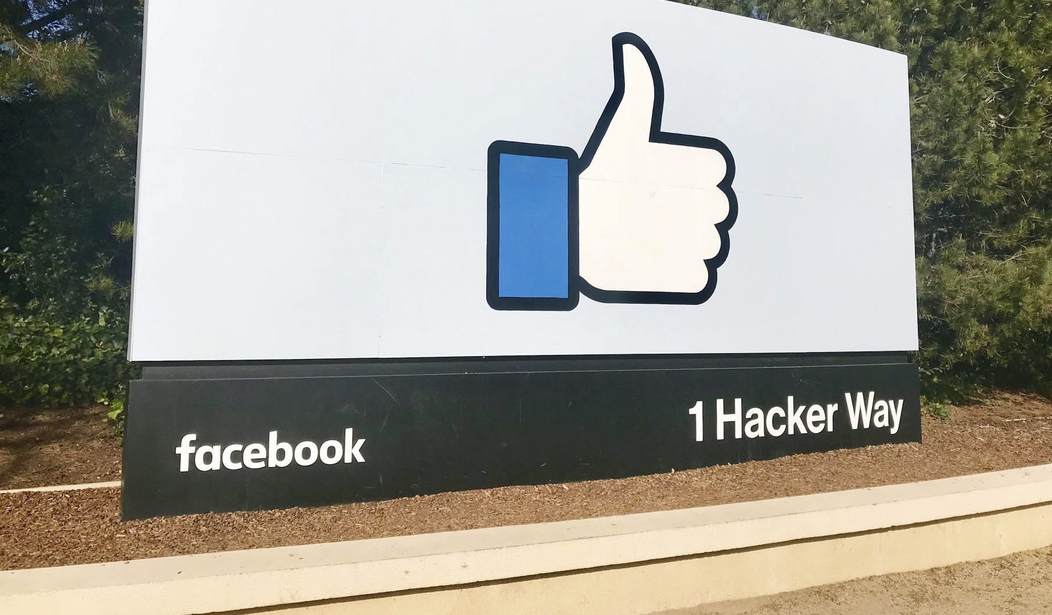Facebook’s newsfeed manager said that the social media giant has “been investing now for over two years in systems to help us detect potentially false stories” using “a number of signals, including feedback from our community,” which prioritizes those for review “by independent, third-party fact checkers.”
Tessa Lyons told CNN this morning that the company is “in a fundamentally different place now than we were in 2016” when it comes to fake news thanks to technological and workforce investments.
“We’ve actually seen independent research that’s confirmed the decrease in the amount of misinformation on Facebook,” she declared.
Lyons was asked how Facebook would respond today if another Pizzagate conspiracy theory started, referring to the allegation that a pedophilia ring was being run out of Comet Ping Pong pizzeria in D.C.
First, Lyons explained, Facebook will “remove fake accounts and pages and actors who are engaged in misleading and inauthentic behavior, and that’s critical because we know that a lot of this is about the behavior in the actors and their bad intent.”
“The second thing that we do is we also reduce the distribution of stories that are false or misleading, and we do that using a number of signals through new speed ranking,” she said. “And then finally in some cases what we do is we give people more information. Now, that might be surfacing an article from fact-checkers, or in the case of ads it might be ensuring that we’re being fully transparent about the ads that someone is running.”
“And it’s important that we’re having all of these different actions because, as you mentioned, there’s a lot of different types of fake news.”
She added that whether “it’s fake news, it’s false news, it’s misinformation… it’s a problem.”
Asked if the company has seen meddling from Russia this election cycle, Lyons responded that Facebook is “always looking out for any kind of interference whether that’s from foreign states or from financial-motivated actors.”
“It’s also important to remember that a lot of the misinformation and fake news that we see on Facebook is financially motivated. It’s spammers. It’s what you mentioned earlier which is people who are trying to generate clicks to low-quality websites covered in ads so that they can generate impressions and ad revenue,” she added. “And we’ve got to ensure that our systems are able to defend against all of those different motivations.”
Foreign interference is “a very small part of the overall picture but a critical piece, and that’s why we’re laser focused on that problem as well as on the broader problem of misinformation that’s financially motivated spam” — an overall picture that requires Facebook working closely with law enforcement, the government, civil society and with news, Lyons said.









Join the conversation as a VIP Member